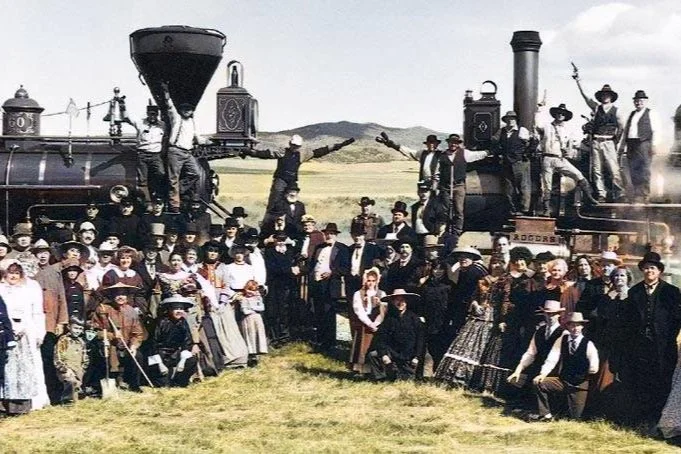If Beale Street Could Talk by James Baldwin (Review)
I admittedly purchased If Beale Street Could Talk without reading anything about it. Because I was visiting Memphis for the first time, a book by James Baldwin about Beale Street seemed fitting. I recently finished The Fire Next Time and was interested in more by the author. It wasn’t until I started that I discovered the book is entirely in New York, and Baldwin used the lyrics from W.C. Handy’s song, “Beale Street Blues” to select his title.
Many musicians have covered his song, but few use the original lyrics, which includes the line, “If Beale Street Could talk.” And while the Memphis origin may be confusing given the New York setting of the book, Handy’s lyrics paint a vivid picture of both the good and bad that visitors are bound to see on Beale Street. In that sense, the title seems fitting, as Baldwin similarly paints a vivid picture of the good and the bad that he saw in New York City.
The main characters in Baldwin’s novel are Clementine "Tish" Rivers and Alonzo "Fonny" Hunt, who are young and in love. The couple is engaged and expecting a child, but in the midst of the joy, Fonny is wrongfully accused of rape and locked in The Tombs, a one-time detention complex in Manhattan. The book explores their lives and—to a greater extent—the struggles he observed for African Americans. Here are some of my thoughts from the book:
When Tish is visiting Fonny in jail, she likens the experience to crossing the Sahara Desert: “The poor are always crossing the Sahara. And the lawyers and bondsmen and all that crowd circle around the poor, exactly like vultures. Of course, they're not any richer than the poor, really, that's why they've turned into vultures.” This is one example of what an interesting character Tish is with a great deal of introspection and self-awareness. She takes on the role of semi-omniscient narrator with her capacity for introspection into others.
She effectively communicates the prospect and fear of her baby not having a father with Fonny in jail. Given the percentage of black men in jail both then and even more today makes this dread all the more real and palpable. Not surprisingly—and despite Beale Street being fiction—Baldwin has a lot to say about race, poverty, and incarceration. The story is strong on its own, and the message underneath the story is still a critical one to consider.
The scene when Fonny and Tish had meal in the Spanish restaurant was a soothing departure from the claustrophobic and trapped feeling through much of the book. Baldwin’s ability to capture Tish’s sentiment that “we were safe” felt genuinely protected. It seems to speak in part to the value of being sheltered, fed, and cared for—a moment when you’re not dependent on those needs but instead receive them freely from others. It has an element of grace and is a memorable moment in the book.
The sequence after Baldwin introduces Daniel when Tish goes to visit Fonny in jail is heartbreaking. When Fonny yells repeatedly, “get me out!” it is suffocating and captures the trapped and helplessness he felt.
“When two people love each other, when they really love each other, everything that happens between them has something of a sacramental air.” Insofar as it relates to the significant moments, I agree with this statement. But I also wonder in what sense of the word, “sacramental,” that Baldwin wrote this line. “Sacrament” comes from the Latin word, sacramentum, which means “a solemn oath, any engagement or ceremony that binds or imposes obligation.” There is an element of sacrifice embedded in that word. And while two people can experience the reverence and awe that bears resemblance to the spiritual sense of sacrament, it is far too easy to have the temporary feelings of veneration fade and the element of sacrifice seem of no value. It is sacrifice that sustains the sacramental nature of love. Tish and Fonny undoubtedly sacrificed for each other, but I wonder how others read and interpret Baldwin’s line.
Despite my mistake about selecting If Beale Street Could Talk for its Memphis connection, I am glad that I read the book. The story and its embedded commentary are a important, and Baldwin’s voice tells it clearly. The two characters the Baldwin created, Tish and Fonny, combine for a story that draws in readers and pulls them along until the end. That there is meaningful commentary in addition to a well-written story makes it all the better. I recommend If Beale Street Could Talk without reservation.


